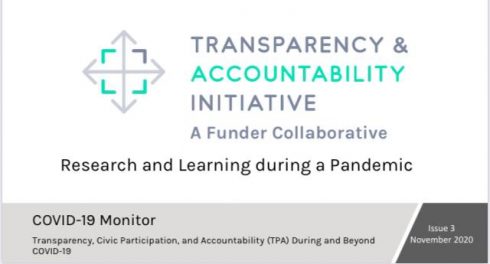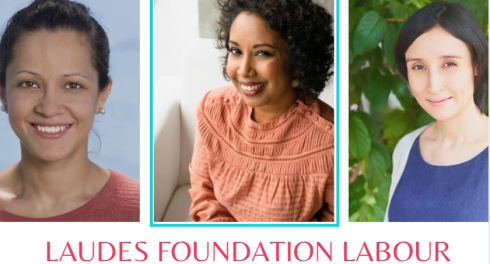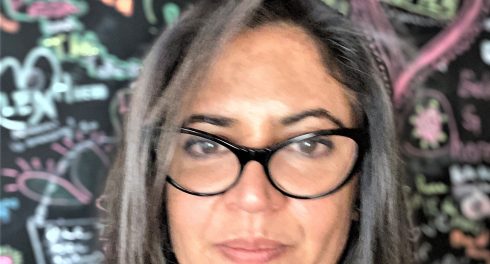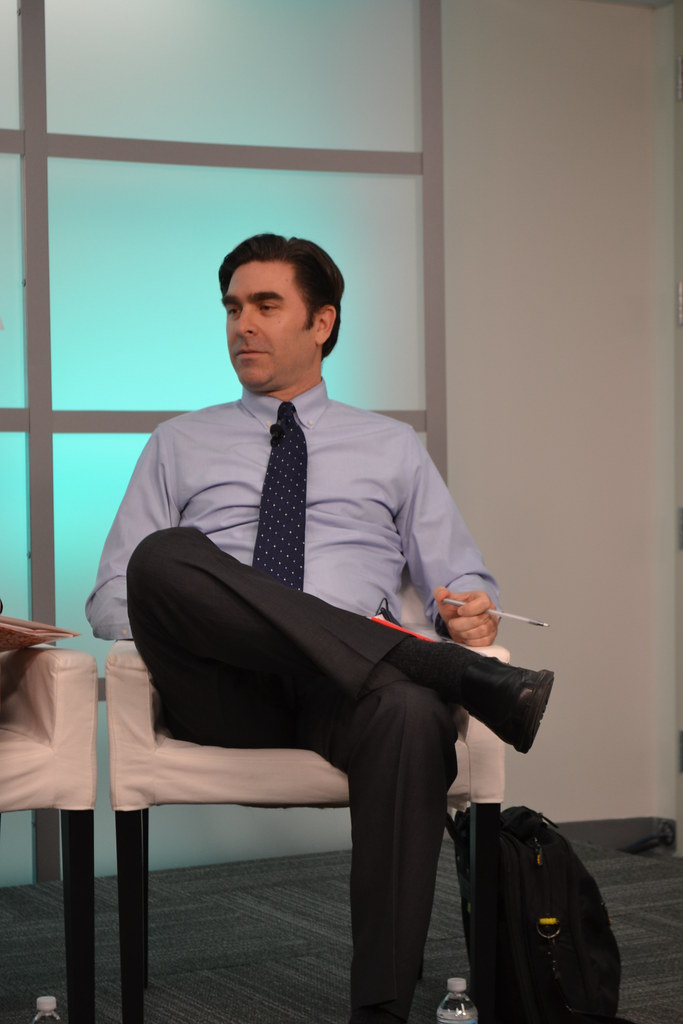
Photo Source: Andrew Wainer
The Director of policy research for Save the Children USA, Andrew Wainer, always had an interest in how the world works. As a kid, rather than light fare, he remembers reading about the Khmer Rouge in Cambodia and devouring the Autobiography of Malcolm X. This interest was reinforced by his father, who was an avid international traveler.
“Not to give away my age, but I was able to visit the Soviet Union as a teenager and that really fueled my interest in politics, power, and governance systems,” says Andrew who has since then been working on socio-economic and political issues – first as a journalist and later as a social researcher and advocate primarily trying to understand how power works.
How relevant is the use of transparency, participation, and accountability (TPA) tools to the work you do on policy research, advocacy, and programs, especially at Save the Children USA?
I think TPA is crucial to making an impact in international development. If you keep pumping money, time, and energy, into a dysfunctional system, at best you’ll have negligible impact and could actually be making things worse. Taking a step back to assess the quality of governance and political systems – and at Save the Children USA we’ve been working a lot on fiscal governance – seems to be fundamental to ensuring development efforts are sustainable and country-owned over the long-term. Accountability and participation is central to that and I think corruption at all levels of the international system is – or should be – one of the primary development issues of our time.
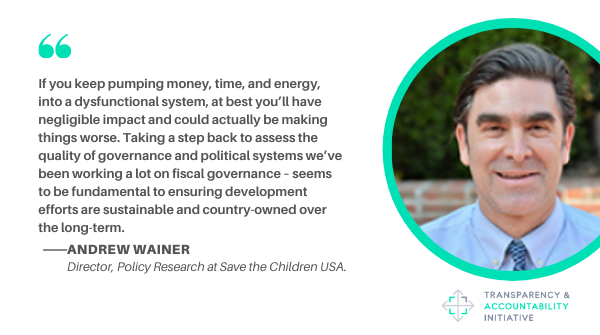 What do you find most exciting about working in the TPA field?
What do you find most exciting about working in the TPA field?
Getting to the root issues of development and governance. It’s exciting to see systems work better for people even at a local level. This is a long struggle and change seems to almost always be incremental, but when governance systems are open, fair, and transparent, it can be inspiring to see. I’ve gained a new appreciation for that in recent years in my own country – the United States. As a researcher it’s also fun to engage in dialogue with colleagues throughout the world on what’s working in different contexts and to investigate governance challenges that draw from multiple levels – from the lived experience of civil society budget advocates in a county in Kenya to global governance data analysis published by multilateral development agencies.
Given your years of practice – as a journalist and later as a social researcher – how best do you think policymakers, donor organizations, and CSOs can work together to put evidence to practice?
Very tough question. Part of it is being open to new and unexpected sources of research and evidence. I’m encouraged that it seems we are seeing that to at least some degree with the new Administration in the U.S. and the last year or so has brought some impetus for self-reflection generally within international development that is certainly healthy to a degree. Part of changing systems is ensuring that you’re getting good information and evidence upon which to base your policy decisions. Good ideas can come from anywhere and anyone. Then you have to hold policymakers accountable for implementing best practices and not self-serving ones, that’s why TPA is so important.
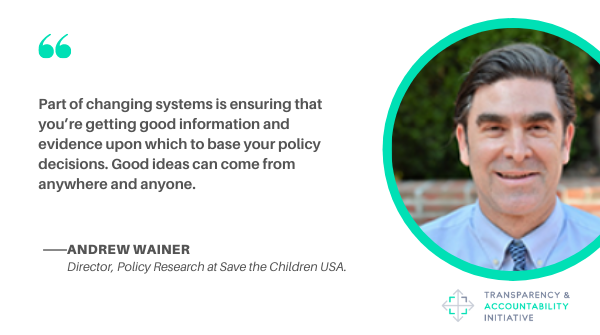 What’s your advice to young policy researchers/analysts looking to work in the development sector, especially in the TPA field? What do you wish you knew when you first started out?
What’s your advice to young policy researchers/analysts looking to work in the development sector, especially in the TPA field? What do you wish you knew when you first started out?
Have something interesting and useful to say and share. Try to avoid clichés and slogans. There’s lots of noise and I still have faith that if you approach research as a means to sharing interesting and useful information you will find people who are interested in your work, even as an early-career analyst. Of course, this sort of thing remains a struggle for many of us no matter how long you have been in the field.
What motivates you to work hard(er)?
Primarily the opportunity to keep learning from others and sharing your insights. Seeing your analysis incorporated into policy and practice is exciting and that is certainly an ongoing motivation. The international aspect of collaborating with people around the world is also motivating and something I’ve enjoyed doing for decades.
Love to hear more from Andrew? Follow him on Twitter at @AndrewWainer
